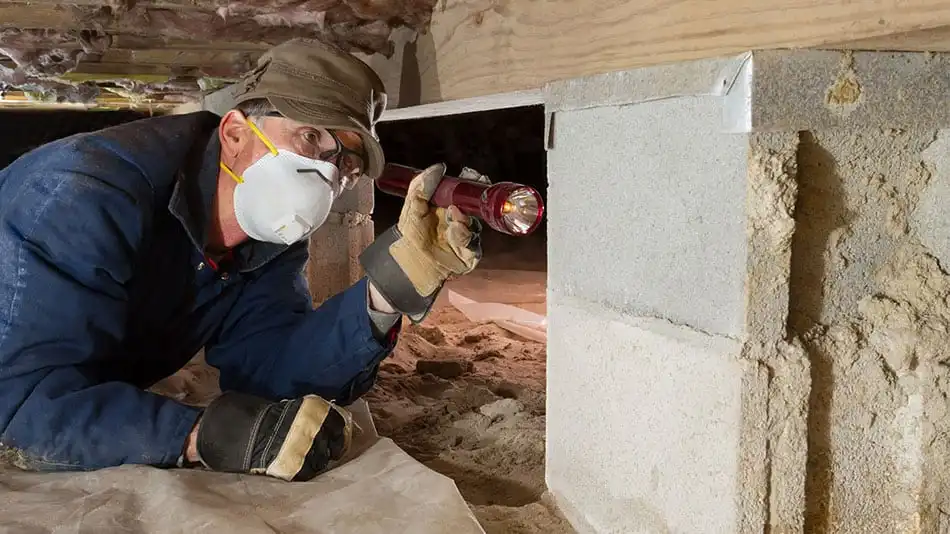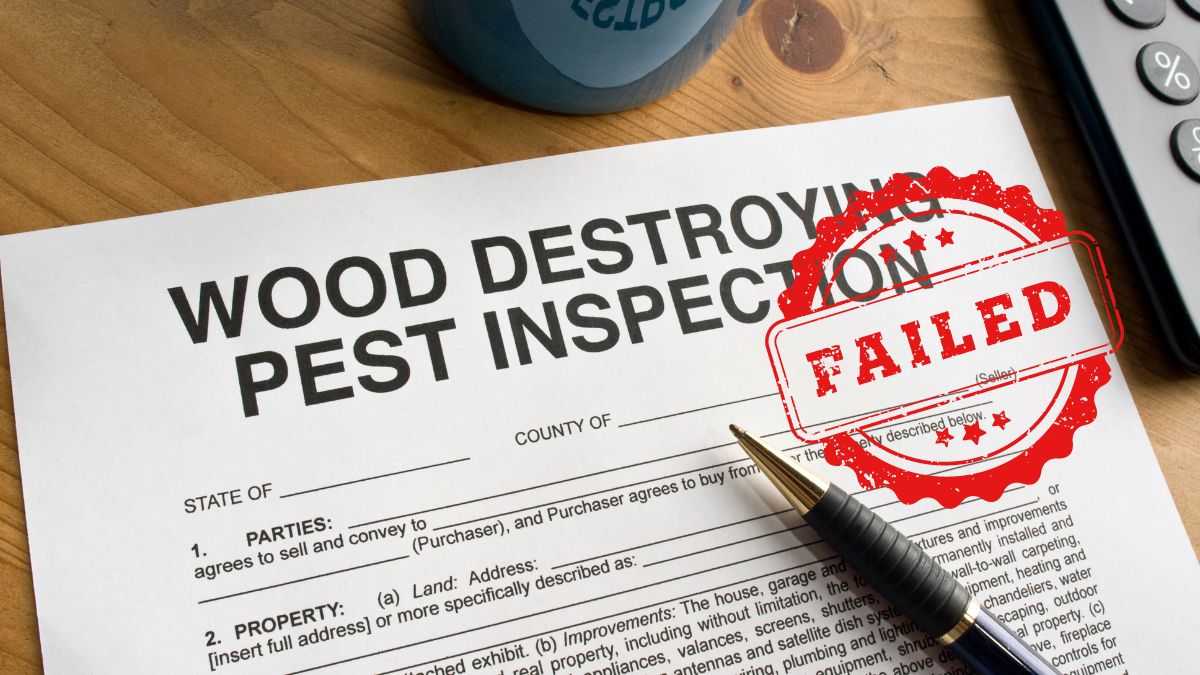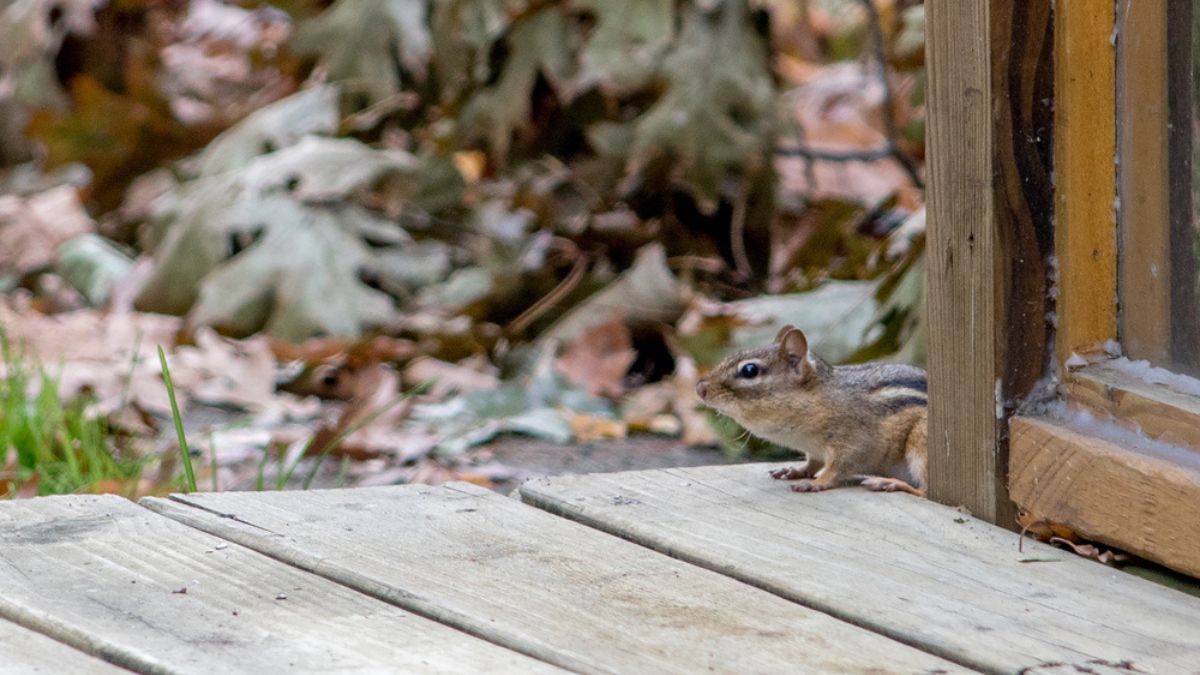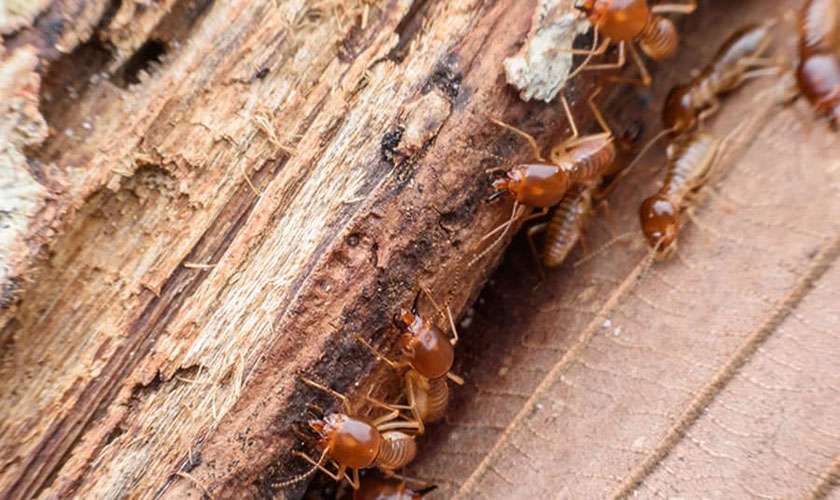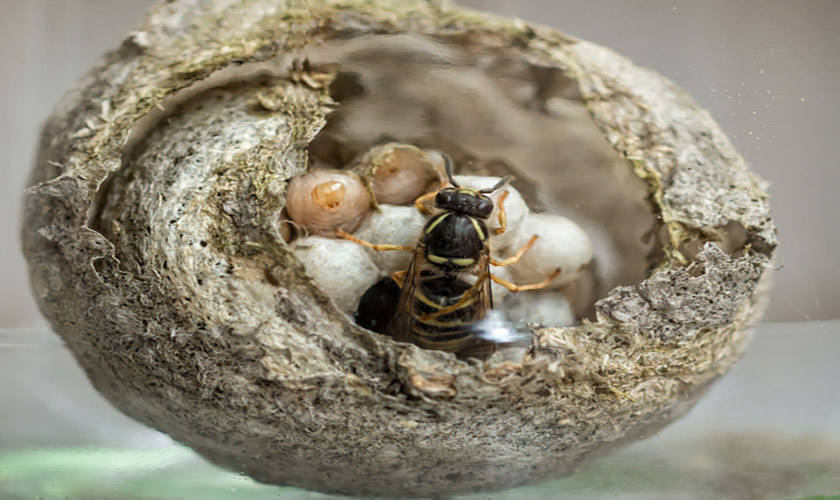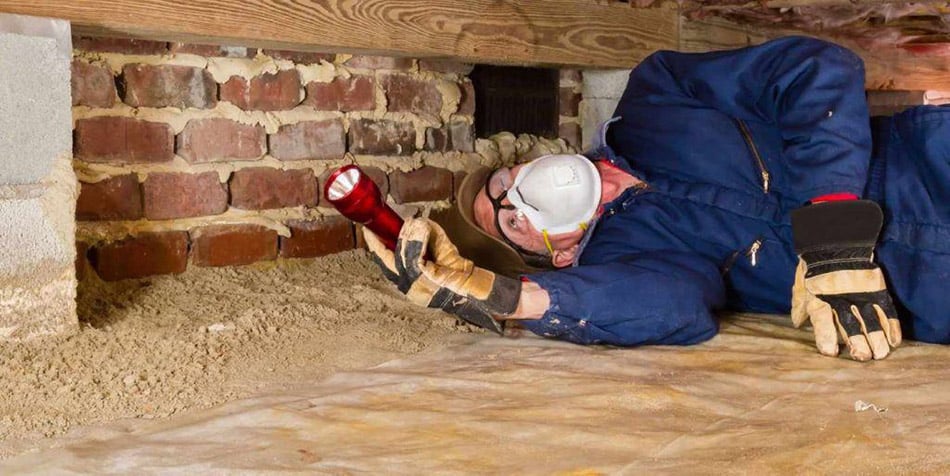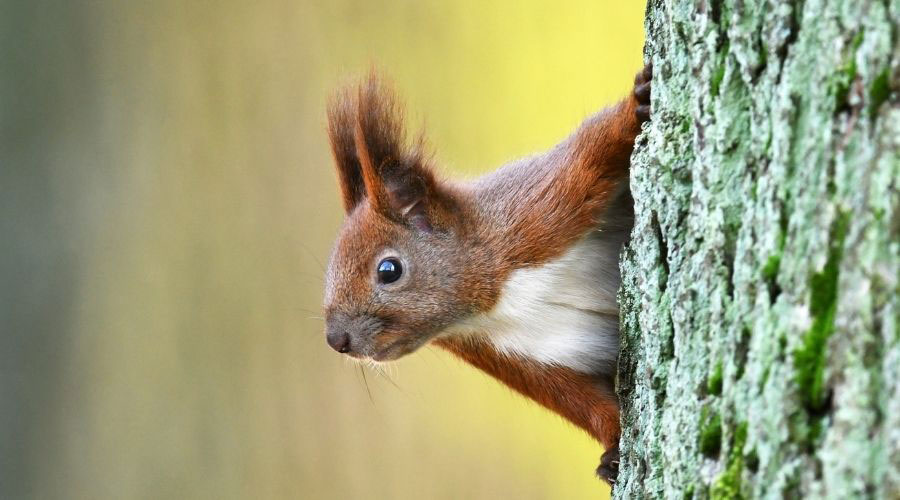
Squirrels are one of the cuter pests you can have, but they can nevertheless be pests. Novice gardeners may wonder what critter has gotten into their vegetables and plants, but experienced gardeners know the signs of squirrel damage.
Squirrels are active in the day and do the most damage in late summer or early fall when they are foraging their winter storehouses. But can you stop them from foraging in your garden for their supplies?
There are five main ways to stop squirrels from digging up your garden:
- Tidy your yard and remove any other attractions.
- Repel them with plants and smells they don’t like.
- Scare them with pets, predators, noise, etc.
- Give them their food and water somewhere else.
- Physically keep them away from your garden with cages and mesh.
Before deciding on the best pest control method, you need to know what is causing the damage. This article will discuss the tell-tale signs that squirrels are the creatures ransacking your garden, and we will provide several ideas for stopping them.
Get FREE quotes from licensed pest control technicians in your area today. Whether you need spraying for ants, roaches, spiders, ticks, mosquitos, or bed bugs, We Can Help! All technicians are screened, licensed, and insured.
Signs That Squirrels Are In Your Garden
Shallow holes were dug in beds. These holes will be about the size of a quarter. Squirrels like to dig up bulbs and seeds to eat. They also like to replace the bulbs and seeds with their supply of nuts etc.
Uprooted pot plants. These are also prime targets for squirrels. They may not be interested in eating your pot plant, but they find the pots excellent storage places for their nuts.
Bite marks in fruits and vegetables. Squirrels will happily nibble on your hard-earned fruits and vegetables just as they ripen. Sometimes they eat the whole fruit or vegetable, but more often, and possibly more frustratingly, they only take a few bites. Squirrel favorites are tomatoes, cucumbers, squash, melons, beans, and eggplant.
Damaged or missing seedlings. If your seedlings are uprooted, half-eaten, or missing, you may be the victim of a foraging squirrel. They mostly dig them up to eat them, but an over-excited squirrel can also dig them up for entertainment.
Half-eaten flowers and nibbled seed heads. Squirrels will eat petals and the centers of flowers; they are especially fond of daisies. They will also eat seed heads, such as those found on sunflowers.
Bird feeders are being emptied quickly. If you have bird feeders in your yard and notice that the seed needs replenishing far more often than normal, squirrels are likely to eat the seeds.
Catching the squirrels red-handed. Squirrels forage during the day. This means that you can often catch them in the act. Of course, you can chase them away when you see them there, but you won’t always be around, so it’s best to investigate some other methods by which you can stop them.
1. Keep Your Yard Tidy And Free From Squirrel Attractions
Your garden might be all the attraction needed, but there are other sources of temptation for squirrels that you can remove.
If you have nut trees or oak trees, squirrels will strew nuts and acorns across your yard at least once a year. This is likely to coincide with a squirrel’s prime foraging season. By cleaning up the fallen nuts and acorns, you are removing a pretty big attraction for squirrels.
Another problem is bird seed. If you love bird-watching and try to attract them into your garden with bird feeders, you will probably get a few squirrels to watch. The quickest solution is to remove all bird feeders, but this is not always what you want.
Instead, you can try to use bird feeders difficult for squirrels to reach (not posted on the ground or fixed onto the main branches of trees). If you keep your bird feeders, clean up the spilled seed from the ground beneath them.
Squirrels will forage in trash bins, so make sure your bins are tightly shut at all times. This is also helpful in preventing a host of other critters and insects from entering your yard.
2. Repel The Squirrels Away From Your Garden
There are many harmless repellents that you can use to prevent squirrels from raiding and ruining your garden.
You can plant nasturtiums, mustard plants, or marigolds. These plants are strongly aromatic, and squirrels don’t like their smell. However, you are not limited to these plants only. If you have flower beds, you are trying to protect, plant them among the other flowers you want. You can also plant nasturtiums, mustard plants, and marigolds as a border around flower or vegetable beds.
Another idea is to plant them along the borders of your property to discourage the squirrels from entering your yard. However, the aromatic plants may not be as affected by the squirrels if they can easily avoid them by running on walls and trees to get into your yard.
You can make homemade repellent sprays using black pepper, white pepper, peppermint essential oil, garlic, nutmeg, or cinnamon. Squirrels dislike the smell of these, so you can spray them onto the parts of the plant that you will not eat. They also will not hurt the plants. You will need to spray regularly, especially after rain.
You can put pepper, garlic, coffee grounds, or dog hair around the base of plants. Some people even get a bag of human hair from their hairdresser to mix in with the soil.
A common complaint from gardeners with a squirrel problem is that they dig up bulbs. You can repel the squirrels by planting bulbs that they do not like. Squirrels dislike daffodils, grape hyacinth, ornamental onions, and snowdrops. As with the aromatic plants, you can intermix them with the other bulbs you want to grow or plant them around the edges of your bed. If, however, you like the look of daffodils and snowdrops, etc., it may be worthwhile to plant only these.
3. Scare Squirrels Away From Your Garden
If you have dogs or cats, allow them to wander around your garden (ensure that your yard is properly fenced off so they can’t escape). Dogs and cats are considered predators by squirrels, so they will not be likely to enter your yard if they know you have a pet on guard. Even a dog or cat’s smells is enough to keep them away.
However, the squirrels may overcome their aversion to the smell of your dog and start pushing their luck and trying to come into your yard. If they find your dog is not interested in chasing it, the squirrels may become a problem again. Terriers and other ratters are good choices because they have a strong instinct to chase small animals.
Cats can also be problematic because they might not stay in your yard all day. Even if you fence the yard off, they can jump and climb and may go off wandering during the day, allowing the squirrels free access to your garden. Cats are also more likely to catch the squirrels as they can follow them up trees and onto walls. And, after all, you are not trying to hurt the squirrels; keep them away from your garden.
If you don’t have a dog or cat, you can buy a squirrel-repellent spray that contains predator urine. You can spray this particular spray around your garden (don’t spray it on the plants you intend to eat!). This can be an effective deterrent, but it will have to be re-applied regularly, especially after rain. One drawback of this tactic is that it can scare away other animals you do not quarrel with.
You can try hanging CDs and pans above your garden. The flashes of reflected light and noise can scare the squirrels away. Some people also install motion-activated sprinklers and motion-activated air blasters. However, the squirrels can become accustomed to these. Additionally, many other things can set them off, becoming annoying.
Another interesting tactic is to install owl nests and raptor perches in your yard. This attracts birds of prey, which will keep the squirrels far away from your garden. An obvious drawback is that it will also keep other birds away. Furthermore, this is not a good idea if you have small pets because owls and raptors will happily go after them.
You can try putting an owl decoy up near your garden. This will act as a scarecrow for the squirrels. The squirrels might get wise to your schemes if the owl never moves, so designate a few spots to sit and rotate it at regular intervals.
4. Give The Squirrels Their Food And Water
This is a bit of a controversial method. Some say that if you provide pests with food, they will keep returning to your property. However, if your squirrel problem is not going away anyway, there can be no harm in trying to divert their attention away from your garden.
If you have nuts and acorns, collect them and put them in one spot in your yard, preferably a spot as far from your garden as possible. Add some birdseed and vegetable scraps to the nuts. With a pile of easy bounty, the squirrels may be content to leave your fruits and vegetables alone. Some kinder gardeners even plant a few tomato plants away from the main garden, specifically for the squirrels to eat.
Also, provide the squirrels with some water. They are looking for something to drink when they target fleshy fruits and vegetables such as tomatoes and cucumbers.
A caution about using this method of keeping squirrels from digging up your garden: you may attract other animals with the buffet.
5. Physically Keep The Squirrels Away From Your Garden
A very effective method is to prevent the squirrels from being able to reach your garden. You can achieve this by building a cage for your fruits and vegetables.
You can use hardware cloth, a metal mesh in various gauges, and aperture sizes. You should select hardware cloth with relatively small apertures; squirrels can squeeze through smaller spaces than expected. The best ones have 1/4 to 3/4 of an inch between the coils. This makes it harder for pests to get in.
Other options are chicken mesh and bird-netting. The problem with chicken mesh is it doesn’t cut flush, so there are often sharp edges that can hurt the squirrels and other animals. It also rusts easily, which is not ideal in a garden that needs regular watering. Bird netting has small openings, but squirrels can easily chew through it.
If you are going to build a cage, you need to make it to where you still have access to the fruits and vegetables, which can be tricky if you don’t want to build a cage big enough for you to walk in.
You need to sink the fence at least a foot deep. Squirrels are efficient diggers (as you know from those holes in your garden!) and may dig their way under the fence to reach your garden produce.
Some people are willing to go the distance and install a greenhouse to grow their produce, but this can get costly, and not all plants are suited to a greenhouse environment.
If your problem is that the squirrels keep digging up your bulbs, you can lay hardware cloth over the bed. The plants can still grow through the mesh, but squirrels cannot dig their way down to the bulb. You can also put some gravel into the hole with the bulb to deter the squirrels from digging.
Things You Should Not Do
There are some recommended methods out there that are not good options. The intention should not be to kill or hurt the squirrels, only to keep them away from your garden.
- Trapping and releasing. This may seem viable and humane, but this is a misconception. Catching and releasing squirrels will not likely solve your problem, as other squirrels will move into the vacated territory. There is also the chance that you trap and release a mother squirrel, removing her from her vulnerable offspring, which are not likely to survive without their mother. Additionally, squirrels are protected in some areas, so trapping them may be illegal.
- Mothballs. Some people recommend scattering mothballs around the garden. There are toxic to squirrels, not just repellent, so they are not a humane option. Furthermore, if you have pets or children, the mothballs are at risk of being poisoned.
- Cayenne pepper or other capsicum-containing foods. People recommend using capsicum-containing foods because birds cannot taste them, so you will not scare away the local birds. However, although this may seem like a natural deterrent because squirrels do not like spicy foods taste, these foods can hurt the squirrel if they are accidentally ingested. The squirrels may also handle them and touch their face and eyes, which is a harrowing experience.
Conclusion
If you find small holes dug into your flowerbeds, half-eaten fruits and flowers scattered around the yard, or empty spots where seedlings and bulbs should have been, you probably have a squirrel problem. This isn’t very pleasant to gardeners, but there are so many ways that you can humanely keep them away from your crops and flowers.
You can tidy your yard and rid it of attractions (other than your garden, of course). Things like trash bins, dropped fruit, nuts, and birdseed will likely draw squirrels into your yard. Or you can set up a designated food spot, especially for the squirrels, to keep them away from your garden.
You can repel them using smells. Squirrels don’t like smells such as marigolds, peppermint, and dog hair. Dogs and cats are always a good deterrent, but if you don’t have a pet, you can try repellent sprays containing predator urine or owl nests to attract owls. You can try scaring them off with sounds and movement or physically bar them from your garden by building cages around your beds.
All these methods are available, so there is no need to use the less humane methods such as mothballs and capsicums or trapping and releasing squirrels.
Get FREE quotes from licensed pest control technicians in your area today. Whether you need spraying for ants, roaches, spiders, ticks, mosquitos, or bed bugs, We Can Help! All technicians are screened, licensed, and insured.


